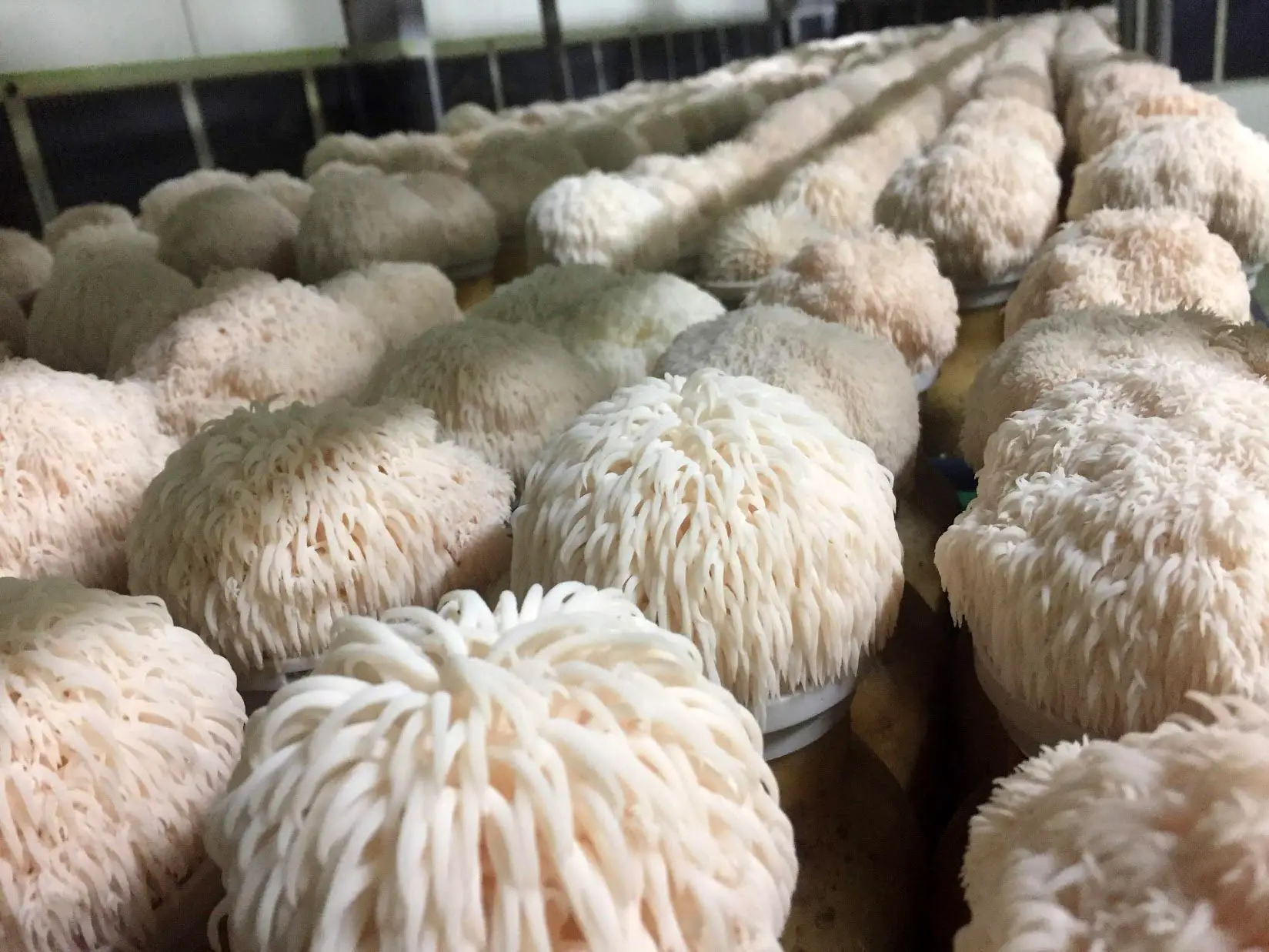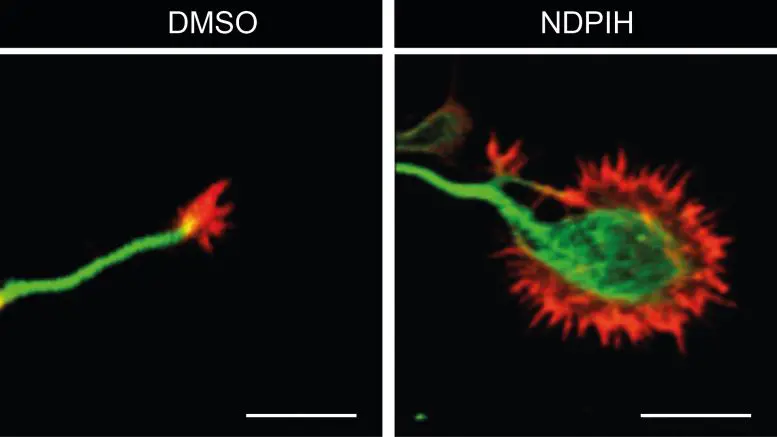Researchers from The University of Queensland have discovered the active compound from an edible mushroom that boosts nerve growth and enhances memory.
Professor Frederic Meunier from the Queensland Brain Institute said the team had identified new active compounds from the mushroom, Hericium erinaceus. This type of edible mushroom, commonly known as the Lion’s Mane Mushroom, is native to North America, Europe, and Asia. It is commonly sought after for its unique flavor and texture, and it is also used in traditional Chinese medicine to boost the immune system and improve digestive health.
Researchers have discovered lion’s mane mushrooms improve brain cell growth and memory in pre-clinical trials.
“Extracts from these so-called ‘lion’s mane’ mushrooms have been used in traditional medicine in Asian countries for centuries, but we wanted to scientifically determine their potential effect on brain cells,” Professor Meunier said.
“Pre-clinical testing found the lion’s mane mushroom had a significant impact on the growth of brain cells and improving memory.
“Laboratory tests measured the neurotrophic effects of compounds isolated from Hericium erinaceus on cultured brain cells, and surprisingly we found that the active compounds promote neuron projections, extending and connecting to other neurons.
“Using super-resolution microscopy, we found the mushroom extract and its active components largely increase the size of growth cones, which are particularly important for brain cells to sense their environment and establish new connections with other neurons in the brain.”
Comparison of the control neuron and the giant growth cone of hippocampal neuron elicited by the treatment with NDPIH. Credit: UQ
Co-author, UQ’s Dr. Ramon Martinez-Marmol said the discovery had applications that could treat and protect against neurodegenerative cognitive disorders such as Alzheimer’s disease.
“Our idea was to identify bioactive compounds from natural sources that could reach the brain and regulate the growth of neurons, resulting in improved memory formation,” Dr. Martinez-Marmol said.
Dr. Dae Hee Lee from CNGBio Co, which has supported and collaborated on the research project, said the properties of lion’s mane mushrooms had been used to treat ailments and maintain health in traditional Chinese medicine since antiquity.
“This important research is unraveling the molecular mechanism of lion’s mane mushroom compounds and their effects on brain function, particularly memory,” Dr. Lee said.
The study was published in the Journal of Neurochemistry.
Reference: “Hericerin derivatives activates a pan-neurotrophic pathway in central hippocampal neurons converging to ERK1/2 signaling enhancing spatial memory” by Ramón Martínez-Mármol, YeJin Chai, Jacinta N. Conroy, Zahra Khan, Seong-Min Hong, Seon Beom Kim, Rachel S. Gormal, Dae Hee Lee, Jae Kang Lee, Elizabeth J. Coulson, Mi Kyeong Lee, Sun Yeou Kim, Frédéric A. Meunier, 20 January 2023, Journal of Neurochemistry.
DOI: 10.1111/jnc.15767
UQ acknowledges the collaborative efforts of researchers from the Republic of Korea’s Gachon University and Chungbuk National University.
Source: Compound in Mushrooms Discovered To Magnify Memory by Boosting Nerve Growth














